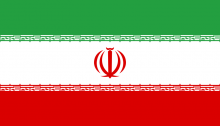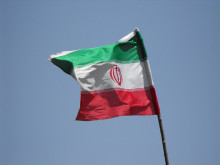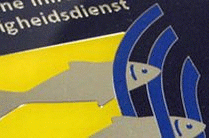Purported Iran nuke document contains trojan
Targeted attackers are leveraging a patched Adobe Flash vulnerability and the ongoing tension around Iran's suspected nuclear program to spread a difficult-to-detect trojan.
Emails were spreading that contained a Word document titled "Iran's Oil and Nuclear Situation", according to Contagio Malware Dump, a malware sample collection site.









































































